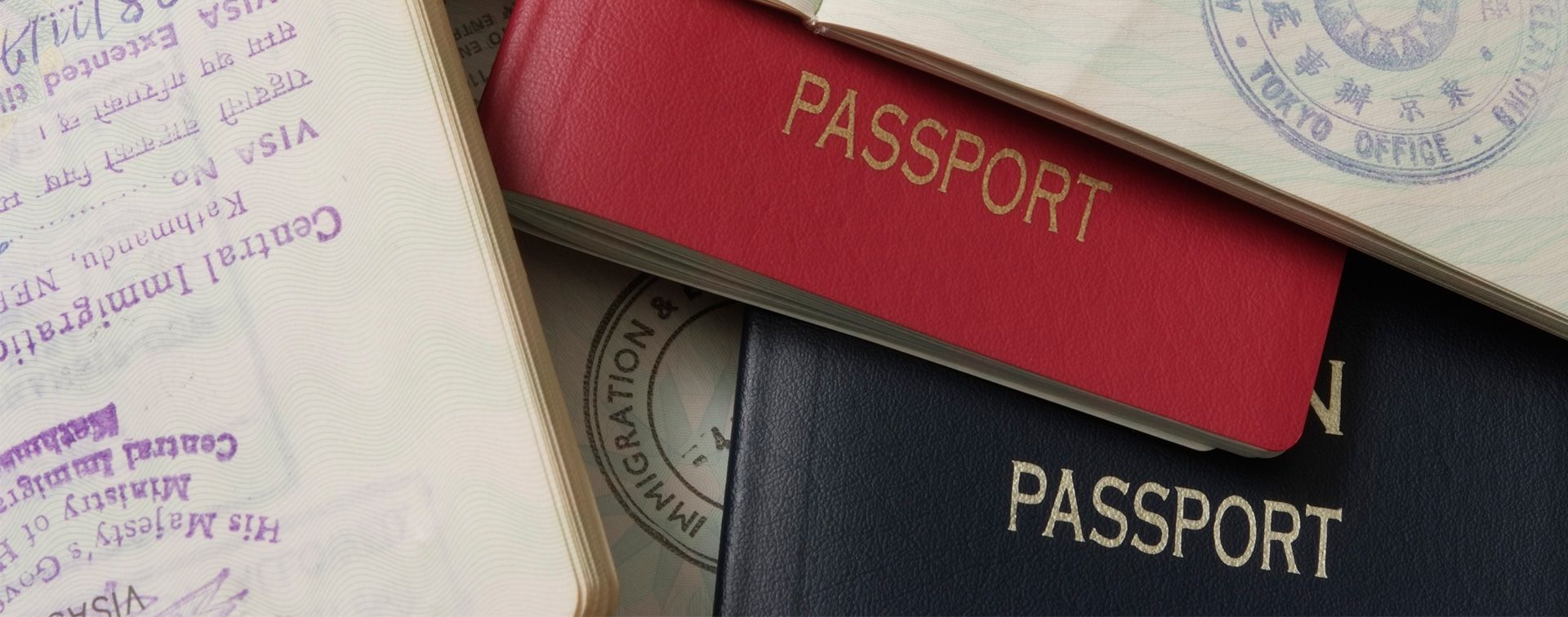
Dr. Christian H. Kaelin is Chairman of Henley & Partners. He is an expert in investment migration and the inventor of the passport index concept.
American investment guru Jim Rogers declared at Henley & Partners’ 11th Global Residence and Citizenship conference in Hong Kong in 2017 that “over the next twenty years, being trapped with only one passport, you could suffer very badly”. Little did we know at the time that his prediction would come true less than three years later. The unprecedented situation created by Covid-19 has compelled many individuals, institutions, and governments to re-evaluate their circumstances and pursue new options. As a result of the pandemic, many advanced countries have had to adopt more inward-looking priorities, resulting in the downturn of the world’s economy, significant reduction in global mobility, and restrictions on people’s freedom to make the best choices for their businesses and their families.
Even before Covid-19, signs of introspection were emerging. Some countries began to modify their approaches to international affairs and business, resulting in noticeable policy changes designed to distance themselves from certain foreign countries or international institutions. The implications of these shifts are continuing, and their wider effects will likely be seen only in the long term. Brexit is an iconic example of this trend. The UK’s withdrawal from the EU excludes it from the European single market and has already had an impact on both sides on the freedom of movement of persons, goods, services, and capital — the four fundamental freedoms guaranteed by the EU treaties. And while Brexit may seem to be an exception because it has drawn a great deal of attention from the media, for years there have been discussions in other countries, even including Italy, about leaving the EU.

The volatility arising from these types of policy changes and political upheavals can rapidly affect a country’s economy. A case in point is Hong Kong, whose economy has suffered since the adoption of the new national security law in June 2020. China itself has seen the departure of significant companies and many high-net-worth individuals despite the vast opportunities it provides.
Now that parts of the world are cautiously easing lockdowns (albeit while others are reinstating them), the likely ripple effect of the pandemic cannot be ignored. Global trade and international movement as we knew them are under continued threat. The post-pandemic future remains unpredictable, but one can to some extent prognosticate the direction in which the world is drifting. Doubts have arisen surrounding the proficiency of international institutions in handling global crises, and the consequence is that many countries are considering recovering some of the sovereignty they feel they have lost in a more globalized economy.
For strategic reasons, some countries have taken the view that they might be better off manufacturing essential goods such as medicines, vaccines, and surgical masks domestically. The crisis has also had a significant social impact — on unemployment in particular — and has introduced new potential for instability, leading governments to consider adopting protectionist policies and incentivizing the relocation of their respective economic activities with little notice.
It is uncertain how long travel restrictions will remain in place, but forecasters expect international traffic, whether airborne or maritime, to remain low throughout 2021 at least. In the medium term, this could intensify the reorganization of the global economy by regions — not by “areas of civilization” as described by Samuel Huntington in his famous 1993 Clash of Civilizations, but rather geographically, with adjustments depending on specific economic interests.
For all these reasons, global mobility may be hampered for some time. There could well be even greater hurdles ahead, restricting access to foreign markets and more favorable jurisdictions and health systems in the future. Since the pandemic struck, ensuring future access to multiple residence options and/or having dual citizenship, whether by exploring one’s ancestry or by participating in residence- and citizenship-by-investment programs, has become even more essential for entrepreneurs and investors and their families as a means to mitigate volatility and reduce their exposure to risk at a national, regional, and global level.
Indeed, as governments were forced to take drastic measures to curtail the spread of Covid-19 within their territories, some took liberties with the prerogatives citizenship traditionally bestowed upon their citizens — even in breach of international law. Take Australia, for instance, which in May refused to allow thousands of Australians back into the national territory if they had stayed in India for two weeks or more prior to returning home.
Borders were closed and internal borders checks were re-introduced within the EU during the first lockdown. Although temporary closure of borders is permitted by the Schengen regulations, the measures drove Members of the European Parliament to adopt a resolution calling for a “swift return to a fully functional Schengen Area”. Additionally, the revelation that the EU had exported 77 million vaccines to 33 foreign countries while member states were struggling with their own rollout programs sparked questions and in some instances condemnation from their citizens.
In response to pandemic fallout, many more countries are developing residence- and citizenship-by-investment programs in order to attract talented individuals and affluent investors, and thus strengthen their ‘sovereign equity’ — a term we have coined to describe how investment migration has the ability to endow nations with a considerable source of sustainable revenue without them having to increase debt and thereby burden future generations. This capacity to expand a state’s sovereign equity by increasing the number of citizens who actively contribute to its future wellbeing also has the invaluable capacity to reduce a key aspect of inequality within as well as between states. This is uniquely facilitated by investment migration.
With Covid-19 and the constant reshaping of the economy, the concomitant diversification of geographical domiciles and citizenship that participation in such programs brings also provides individual investors with security and stability, the ability to transcend constraints, and possibilities to broaden their wealth portfolios.
For host countries, the main objective for attracting and retaining highly skilled individuals and wealthy families is to ensure that additional residents and citizens remain active in their national markets and contribute to local economies. The number of millionaires in New Zealand, for instance, has grown by a third over the past five years but is predicted to surge by 72% during the next five, thanks in part to its commendable management of the Covid-19 pandemic. In May, Prime Minister Jacinda Ardern announced further reforms to facilitate the immigration of wealthy and qualified individuals.
Other countries, particularly some in the Middle East, are focusing on diversifying their economies and are exploring similar ideas. Earlier this year, Oman, Saudi Arabia, and the UAE, for instance, made legislative changes to allow certain foreign nationals to settle for longer or to acquire citizenship, providing that they benefit the respective countries, whether economically or culturally.
Following such developments, many more countries already offering investment migration programs will rise to the challenge by creating new options to incentivize the world’s wealthy. In the foreseeable future, these opportunities could be essential to guaranteeing or enhancing their financial prosperity and physical longevity.
Investment migration will prove itself to be a long-term solution in the world to come. It makes sense, it is sustainable, and it is a win–win for everyone.